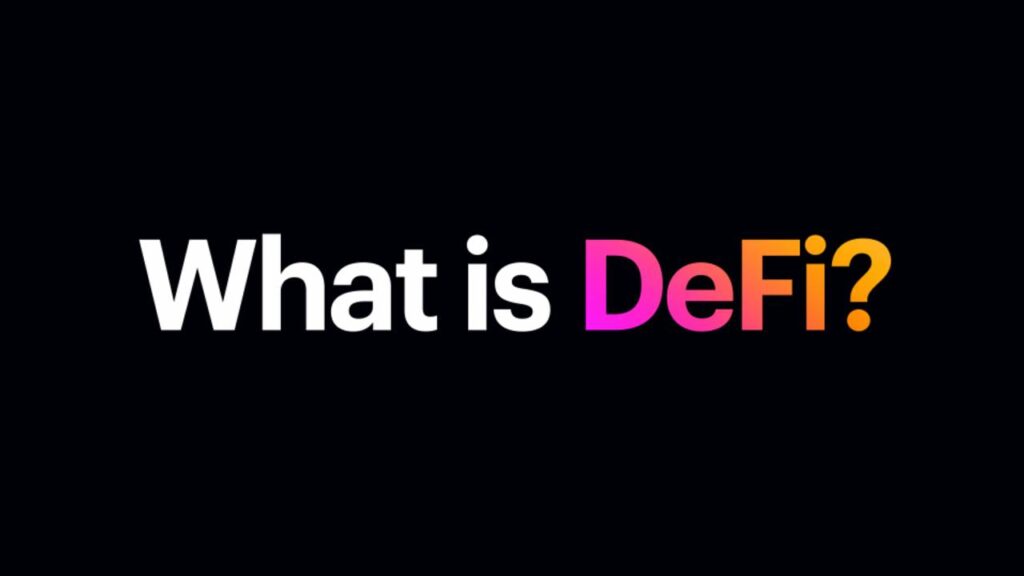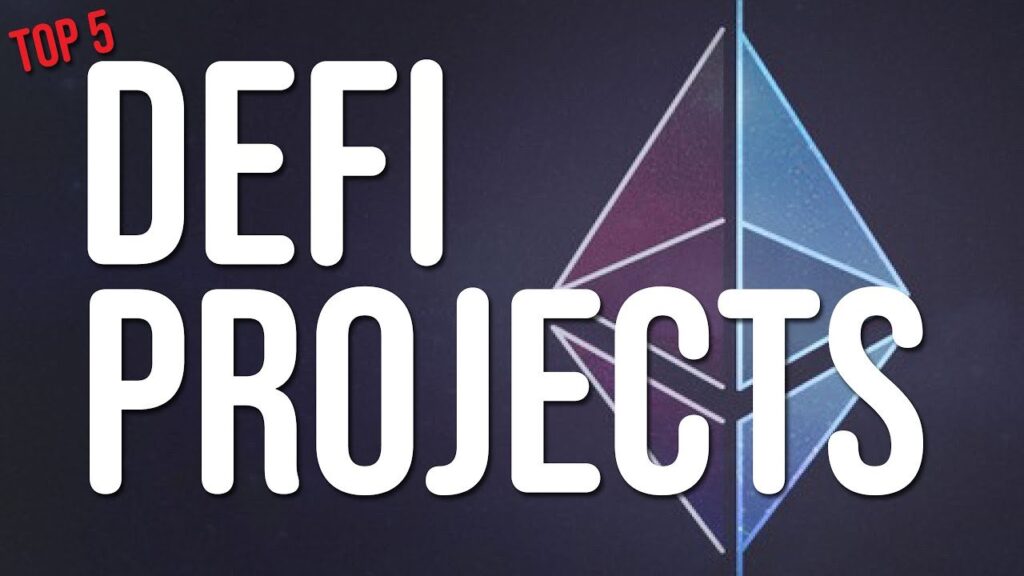
You invest a huge amount in the banks in fixed or recurring deposits thinking you will earn good profit. But, do you know what happens after you invest?
The bank has all the control over your money. They invest in share markets and also give loans at high-interest rates to earn huge profit. While only a small amount of profit is returned to you, the depositors. Also, the central bodies who manage your money are humans and where humans exist, there exist human errors.
To solve this problem, cryptocurrencies came into existence to offer peer-to-peer trading without the interference of any third parties like the banks or any humans. With the use of cryptocurrencies, the users have control over their assets. But, the cryptocurrencies are decentralized only in terms of storage and money issuance, not the entire financial system.
How?
The cryptocurrencies can be accessed via centralised points of access like the cryptocurrency exchanges. Also, many centralised companies that lack transparency and accountability handle these crypto projects. Hence, to offer complete decentralization of the financial system, the Decentralized Finance (DeFi) has come into existence.
What is DeFi ?

Decentralized Finance is a movement where an overlapping network of dApps and smart contracts is built on the Ethereum network to facilitate permissionless financial services. Ultimately, you need not depend on anyone to keep your money safe. DeFi Technology came into existence in 2019.
According to the DeFi pulse, nearly $9.03 billion value is locked in various DeFi products. The DeFi applications are built on the Ethereum blockchain because it is the most programmable blockchain. Also, the users can combine, modify or integrate the applications, according to their needs on the Ethereum Blockchain.
DeFi provides protocols that are Interoperable, Programmable and Composable.
- Being Interoperable means that the functionality of the application is isolated and they work in a transparent nature.
- Being programmable means that smart contracts have complete control over financial transactions.
- Being composable means that there are no limits on what can be built into the system.
How is DeFi applicable in the current scenario ?
While you have a brief idea about DeFi, let’s discuss how DeFi is applicable in the current scenario:
- The major benefit of DeFi is that it offers complete decentralization of the Financial System. The users can always see where their money’s and have total control over it.
- DeFi offers permissionless finance, where a user need not verify any of his documents to take loans. Except that the user should own ETH to use as collateral.
- Registration on DeFi DApps is also quite easier as the user need not provide any personal information but should provide their ETH address to process the transactions through the Ethereum network.
- Making cross-border payments is much cheaper as the remittance fees in DeFi is below 3% while in the current system it is 7%.
- The users can easily access the DeFi products by visiting the application’s website and connecting a wallet like MetaMask or any similar wallet.
- DeFi applications are replicating the traditional banking services like lending, borrowing, earning interest on your savings and much more without the need for a bank or any middlemen.
DeFi Products
Although DeFi is the newcomer into the industry, the platform has built a strong foundation with the development of various DeFi products described below:

Compound: Compound is a notorious borrowing and lending dApp where you can lend your assets and earn interest on it. Suppose you want to buy something or pay the rent and you have put all your funds in crypto investments, then Compound allows you to deposit your crypto to the Compound smart contract as collateral, and borrow against it. This smart contract matches the borrowers and lenders automatically and adjusts their interest rates dynamically depending on their demand and supply.
Aave: Aave is a DeFi lending protocol which allows you to borrow and lend cryptocurrencies for stable and varying interest rates. Aave has a native token called Lend which provides the traders with some amount of discounted fees. It is a secure platform which uses Nexus Mutual to protect the users against smart risks. This DeFi project supports nearly 20-Ethereum based assets.
Uniswap: Uniswap is a decentralized cryptocurrency exchange which runs on smart contracts and allows you to trade your tokens directly from the wallet. It also allows you to become liquidity providers where you supply crypto to Uniswap in return for a small fee. It is called pooling.
MakerDAO: Maker is a stablecoin project where each DAI which is a stablecoin is pegged to the U.S. dollar and it is backed by collateral in the form of crypto. The stablecoins offer programmability without the inclusion of volatility which is mostly seen in “traditional” cryptocurrencies like Bitcoin or Ethereum. The responsibility of the Decentralized Autonomous Organizations (DAO) is to manage the Maker protocol and its lending of DAI stablecoin. Ultimately, MakerDAO ensures that the DAI stablecoin retains its value of $1.
Future of DeFi
DeFi is still an experimental ecosystem where a community of users, developers and funders are striving hard to bring a global revolution in the financial system. Since 2018, although there was a bear market, the amount of ETH locked in DeFi products increased tremendously.
Once DeFi is onboard completely, you just need to rely only on yourself to control your funds. With each day passing, we are close to a decentralized, transparent and efficient ecosystem that is global in nature without having any geometrical boundaries.
Final Word
Each one of us requires financial liberty. DeFi is one such technology that offers solutions which are transparent, efficient and globally accessible. DeFi is a perfect example of the global financial revolution. Anyone anywhere can borrow, lend, issue assets, predict market prices and do lot more things quite easily with the use of Decentralized Finance (DeFi).
Disclaimer: The information provided is not trading advice, Bitcoinworld.co.in holds no liability for any investments made based on the information provided on this page. We strongly recommend independent research and/or consultation with a qualified professional before making any investment decisions.




